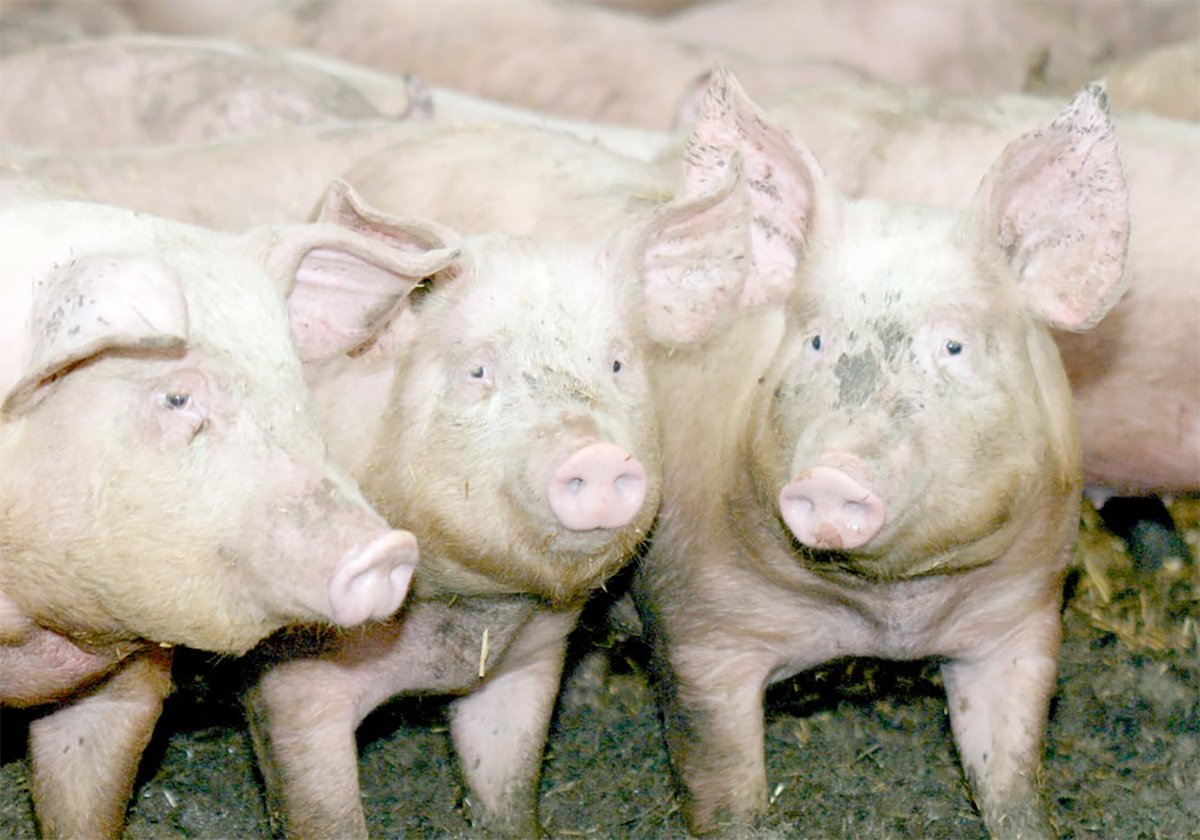Exhausted firefighters are praying for rain as 16 forest fires burn over more than 189,500 hectares in northern Alberta.
Dry weather has made the forests a giant tinder box. However, temperatures remained below 20 which helped slow the fires’ movement, said Kevin Gagne of the Alberta forestry service at Slave Lake. In cooler weather the fires only consume about 300 hectares per day, compared to more than 1,000 during hot days, he said.
Of the 16 fires, six were burning out of control as of May 11. Another fire is being held and nine are under control.
Read Also

The Western Producer Livestock Report – November 13, 2025
Western Producer Livestock Report for November 13, 2025. See U.S. & Canadian hog prices, Canadian bison & lamb market data and sales insights.
So far, no homes or livestock were reported lost and fire foam has been placed around homes in the area. Evacuation notices have warned regional residents a state of emergency exists and they must be prepared to leave within a few hours.
Most of the 1,100 firefighters are local crews and they need to be relieved after 21 days.
“Relief could become a problem,” said Gagne.
Out of province help
Working with the local firefighters are a crew from Quebec, plus two 100-person crews from the United States and individual firefighters from British Columbia.
In addition there are 43 helicopters, 31 water trucks and 95 bulldozers fighting fires with another 500 firefighters, 10 air tankers, 47 helicopters, 152 pumps, 20 bulldozers and five water trucks on standby.
The largest fire is in the Swan Hills area where more than 133,190 hectares have burned. Fires are also burning at Mitsue Lake and Chip Lake.
These figures record the boundaries of the fires. However, there are a number of green patches within the fire spots which are potential hazards because they could ignite later, said Gagne. The fires have been carried by dry grass and did not burn the trees. As the heat increases, the trees may ignite.
So far, firefighting efforts have cost $1 million a day and as of May 10, costs surpassed $10 million.
Alberta Environment issued a province-wide fire ban as of May 5. This is the first time the entire province has been under such a ban. It means no fires in any parks, recreational areas, private or crown lands. The ban covers open fires, camp fires, fire logs and charcoal briquettes. The only exceptions are propane barbecues and camp stoves.
All existing fire permits are void and no new permits will be issued.















